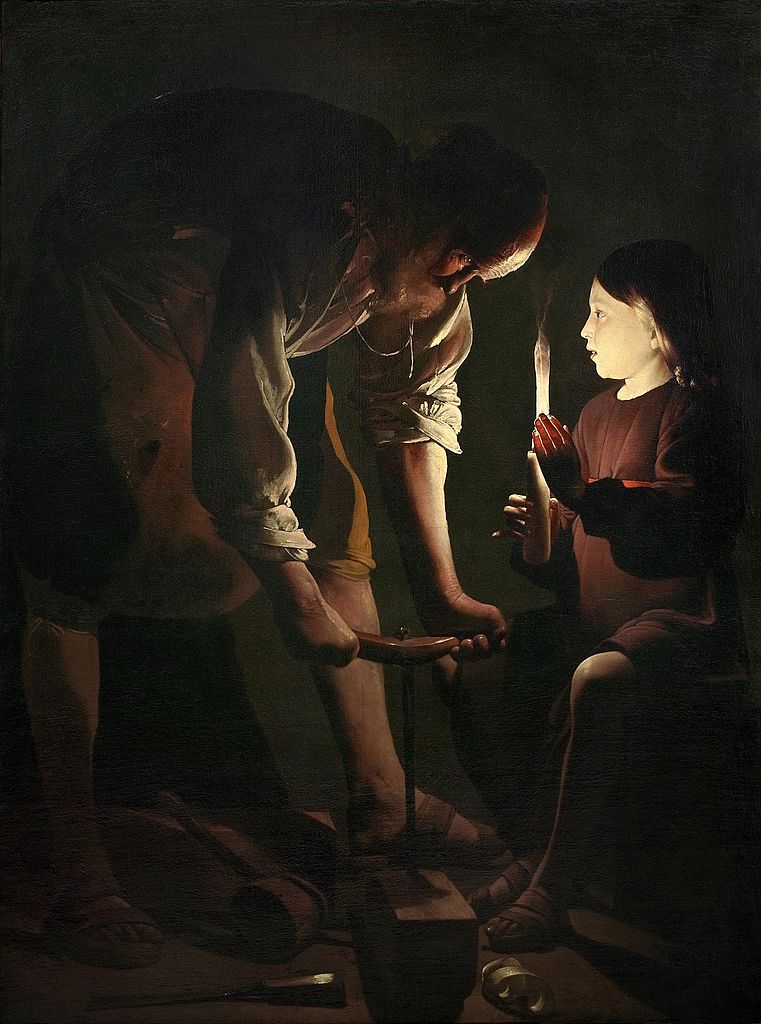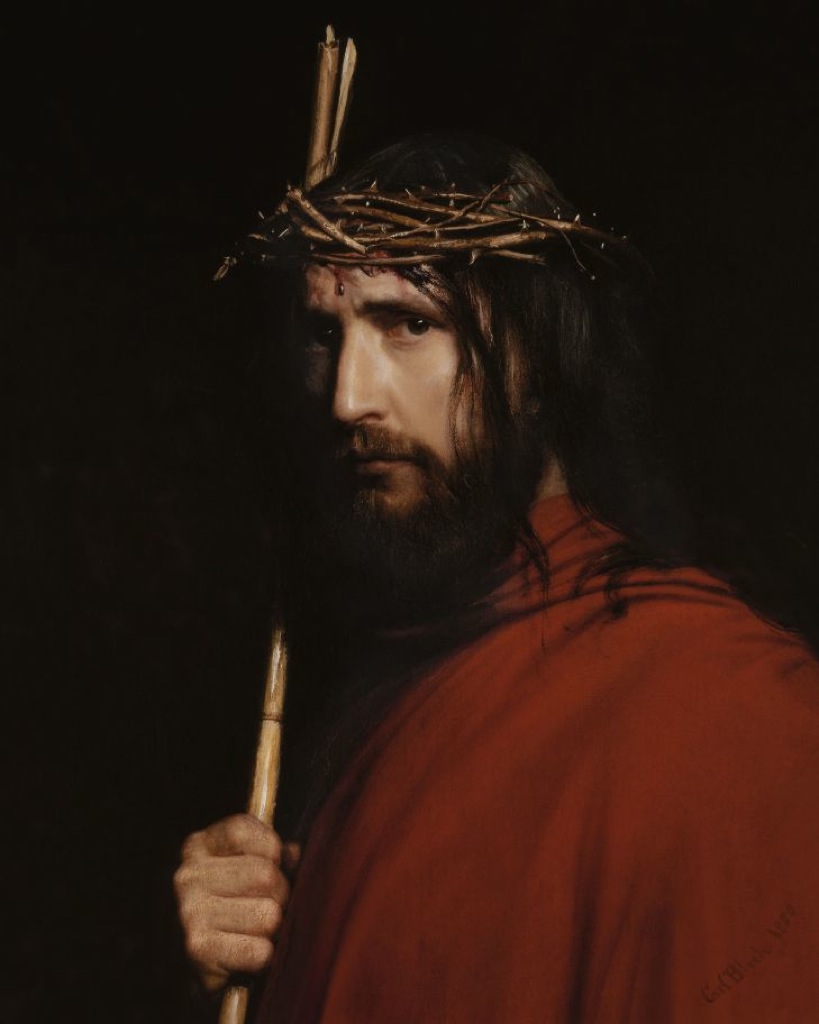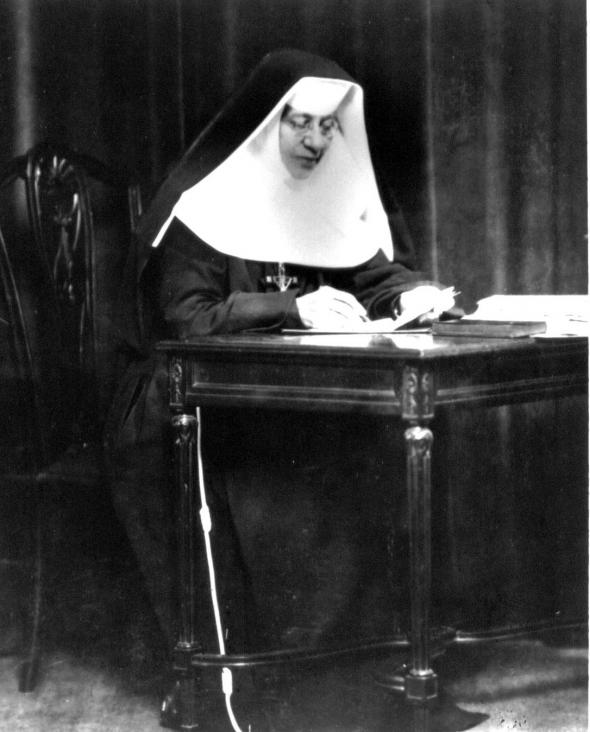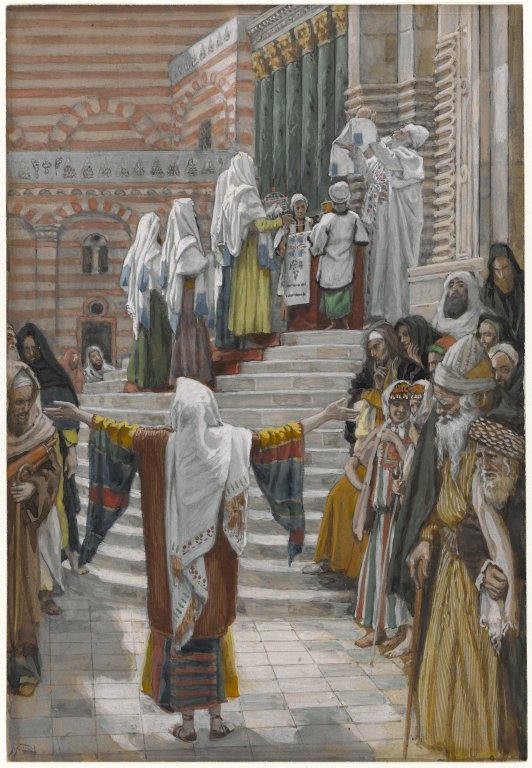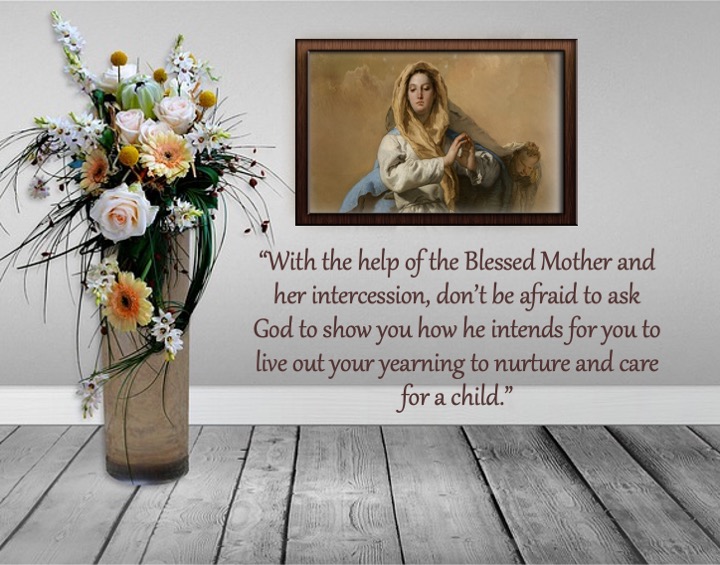
Margalita Poletunow, LPC
May is the month of our Blessed Mother Mary and we honor her by having special devotions in her honor where we can ponder anew all that she has done for us through her intercession and maternal care. Fittingly, May is also the month when we celebrate Mother’s Day to acknowledge our earthly mothers and shower them with gifts and flowers as signs of gratitude for all the ways that they have loved and nurtured us.
However, for many women who have gone through pregnancy loss or living with infertility, Mother’s Day can be harrowing. It is a day that can be filled with sadness and anguish. In Proverbs 13:12, scripture tells us that “Hope deferred makes the heart sick”. The reason for feelings of sadness and grief on that day is that the celebration is a stark reminder that a woman is childless or has lost the love of her heart. She may sense, falsely or not, the accusatory look of others based on her motherhood status.
I remember feeling so isolated, ignored, and overlooked at Mass on Mother’s Day when I was struggling to become pregnant and years later again after my miscarriage. During many Masses throughout the US, priests will pay tribute to mothers by asking them to stand up and everyone will clap for them. Some parishes will even hand out a single rose to the mothers. I always thought it was a beautiful and thoughtful gesture until I was grappling with my own fertility. I felt so alienated like the child on the playground whom no one invited to take part in the game while all the others looked on.
I remember one Mother’s Day sending a silent prayer of supplication to the Lord during Sunday Mass: “I too desire to be a mother. Would you entrust to me the gift of motherhood?” And that feeling even intensified after my miscarriage. By that time, I knew what it was like to carry a baby in the womb and care for that tiny little being. However, by the time Mother’s Day had arrived, there was no living child around me as a visible sign to “prove” to everyone that I was a mother. At Mass that year, I hesitated to stand up when the priest invited all mothers to rise for a special blessing because I was in the throes of grief and unprepared to explain to strangers the complexity of my mothering status.
My husband encouraged me to stand up that year when I experienced my miscarriage and reminded me that, indeed, I was a mother.
So, how do you navigate all those feelings on Mother’s Day when you are longing for a child to call you mama?
For those who are journeying with infertility, feeling invisible or perhaps cast aside on Mother’s Day, I want you to know that you are never absent from the gaze of the One who created every molecule of your body. He knows how you are formed and sees the “thorn in your flesh” to quote Saint Paul. Let Him caress that tender spot; let Him love you in your pain. With the help of the Blessed Mother and her intercession, don’t be afraid to ask God to show you how he intends for you to live out your yearning to nurture and care for a child. But, perhaps, it may not be the way you expected.
For those who have shed tears over a baby they were unable to bring home after being pregnant, know that you are a mother. Mother’s Day is for you also, because you are a bereaved mother whether your baby lasted 6 weeks in utero or 6 months postpartum.
Consequently, I will encourage you to honor yourself that day by being intentional about that baby you never held in your arms. Perhaps you can offer a prayer, spend some time before the Blessed Sacrament, or journal your reflections about the hopes you had for that baby. No matter the feelings that tend to overwhelm you that day, know that God’s mercy and compassion cover you. He knows your heart; he understands your loss. Look to higher ground and raise your eyes to Jesus so that he will fill the wounds of your heart with his love and grace. Be certain that the gaze that he will return to you is the one that says “You are my beloved daughter, the apple of my eye”. Mary, too, invites you to rest in her maternal embrace.
You are not alone! Never will she cease watching over you!
Margalita Poletunow, LPCMH is a mother, beloved daughter of God, and Licensed Professional Counselor
Read the rest
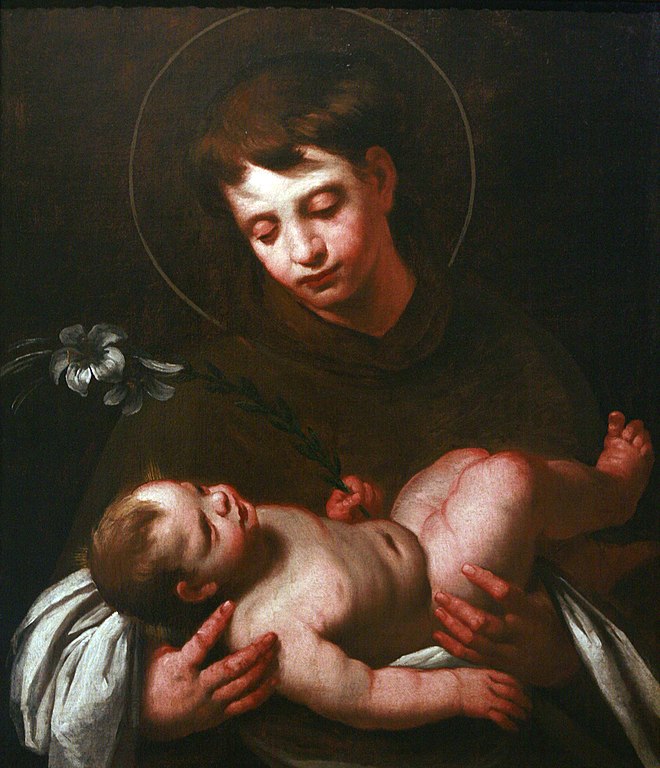 by Theresa Cavicchio
by Theresa Cavicchio

